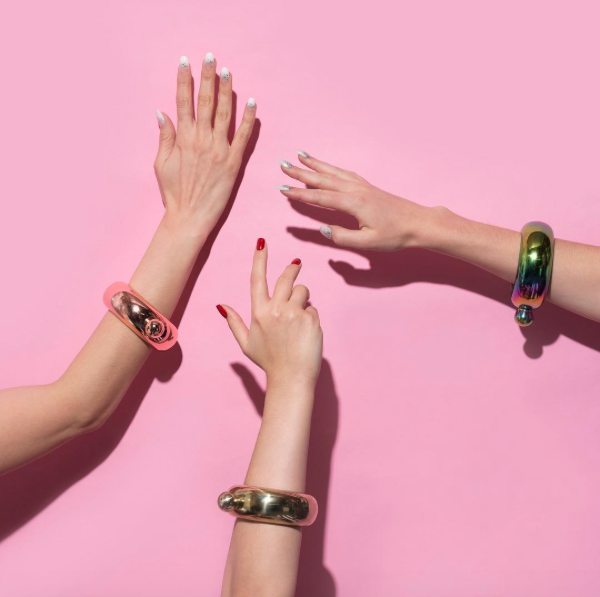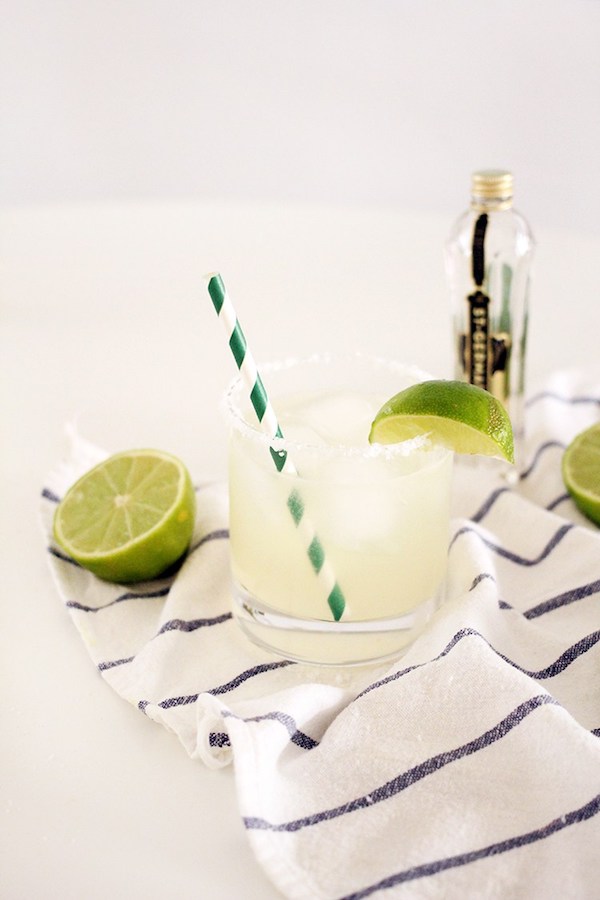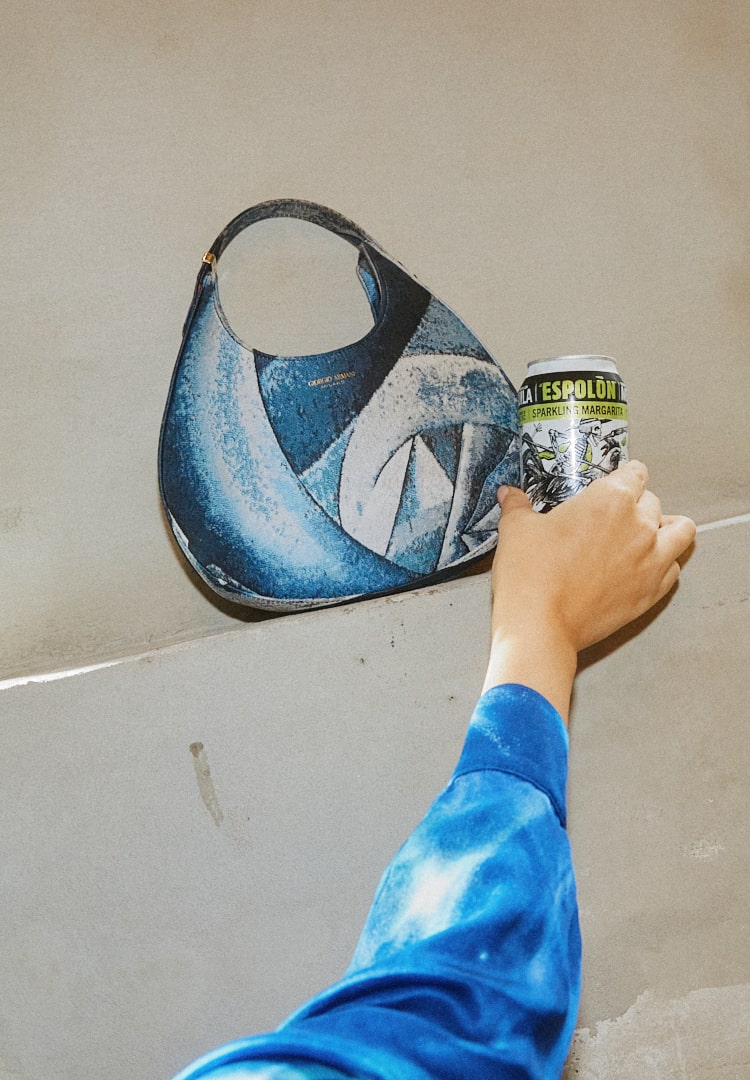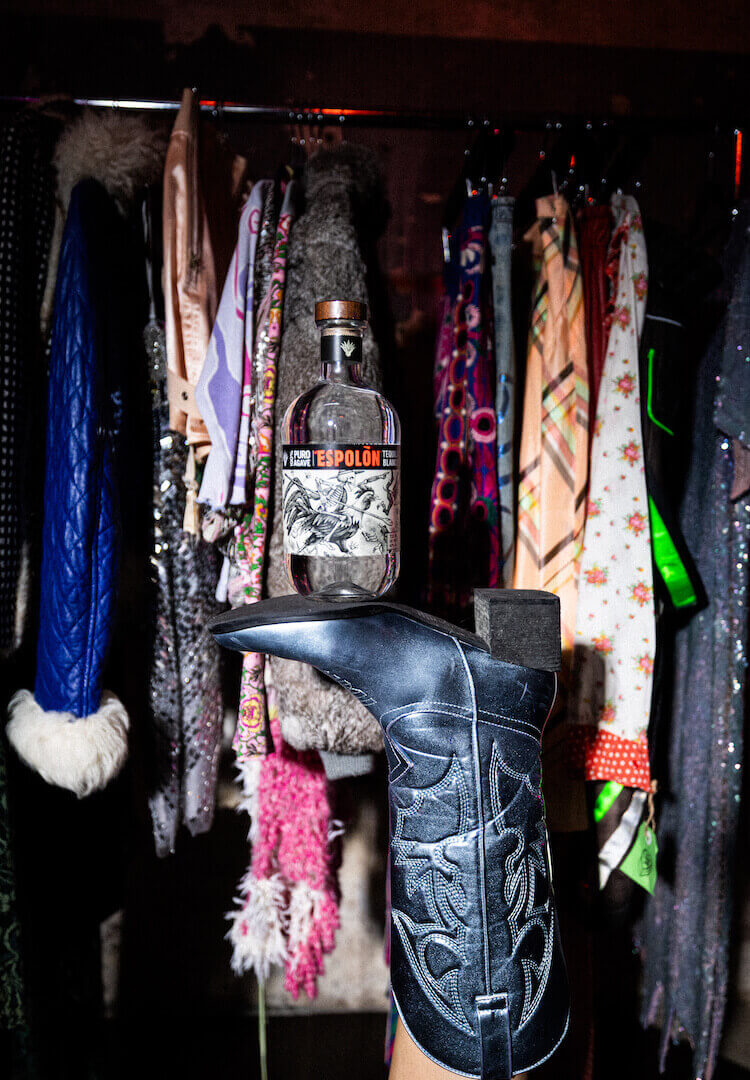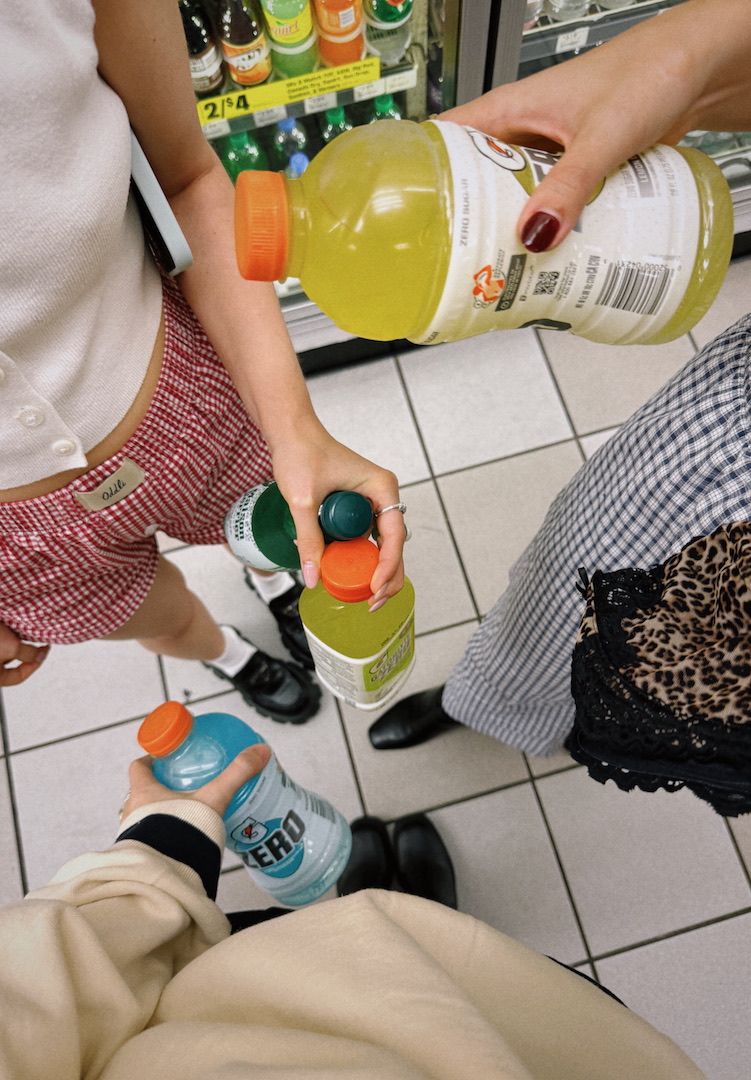A new study finds that tequila may be good for your bones, because science has your back
What doesn’t tequil you makes you stronger.
A tequila a day may just help keep the doctor away.
According to new research, substances from the Agave tequilana plant may help boost levels of calcium and magnesium, minerals that help keep your bones strong.
Could this be the reason I haven’t broken any bones in my lifetime?
Dr Mercedes López, leader of the project from the Centre for Research and Advanced Studies in Mexico, said: “The consumption of fructans contained in the agave, in collaboration with adequate intestinal micriobiota, promotes the formation of new bone, even with the presence of osteoporosis.”
To investigate the effects of the tequila plant, the researchers conducted experiments with mice. Because that’s how all good and legitimate scientific studies begin… getting mice drunk.
The procedure consisted of removing the ovaries from female mice in order to induce osteoporosis. Researchers then fed the mice sugars from the tequila plant. Eight weeks later, bone samples were taken to measure the absorption of minerals and osteocalcin, a protein that indicates the production of new bone.
“It was found that mice that consumed this fructans [sugars] synthesized [sic] nearly 50 per cent more of such protein, in addition that the diameter of their bones was higher compared with the subjects which were not supplied with derivatives of the agave,” said López.
In other words, some mice could handle their hangovers and some were embarrassed in front of their other mice friends.
The substances help boost calcium levels by travelling to the large intestine, where they interact with bacteria in the gut. Once in the large intestine, the agave sugars are able to ‘catch’ calcium and magnesium molecules and help transport them through the cells of the body.
In layman’s terms, tequila = good.
For those super keen to learn more about tequila being the elixir of life, you know, for medical purposes, further info on the study can be found here.
Just wondering though, is this study legitimate enough to substitute a morning glass of milk with a shot? Asking for a friend.
Image: St. Germain Margarita recipe via Freutcake

